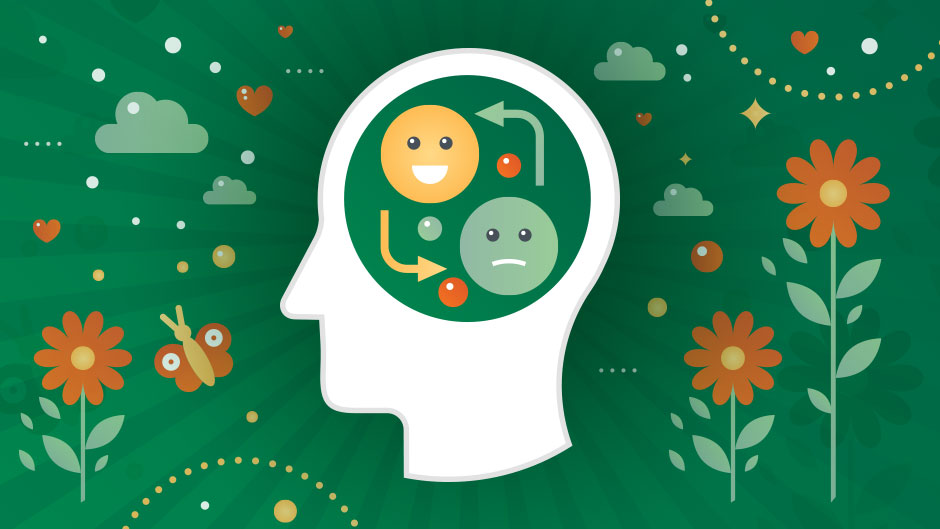When stress is at its peak, especially during the holiday season, it can be hard to stop and regroup. The University of Miami’s Faculty and Staff Assistance Program (FSAP) team shared practical tips from experts at the Mayo Clinic, to help minimize the stress that accompanies the holidays. Explore the following list of tips to manage holiday stress and depression and register to participate in an upcoming FSAP session.
Acknowledge your feelings and reach out.
If you have recently lost someone close to you, or you can't physically spend time with loved ones for other reasons, realize that it's normal to feel sadness and grief. It's okay to take time to cry or express your feelings. You can't force yourself to be happy just because it's the holiday season. If you feel lonely or isolated, seek out community, religious or other social events. It may help to talk to a friend or family member about your concerns. Try reaching out with a text, phone call, or video chat.
Be realistic.
The holidays don't have to be perfect. As families change and grow, traditions often change as well. Choose a few rituals to hold on to, and be open to creating new ones such as celebrating virtually. Even though your holiday plans may look different, you can find ways to celebrate.
Set aside differences.
Try to accept family members and friends as they are, even if they don't live up to your expectations. Set aside grievances until a more appropriate time for discussion, and be patient if others get upset or distressed when something goes awry. Chances are they're feeling the effects of holiday stress, too.
Stick to a budget.
Before shopping for food and gifts, decide how much money you can afford to spend—then stick to your budget. Don't try to buy happiness with an avalanche of gifts. Try these alternatives: donate to a charity in someone's name; give homemade gifts; or start a family gift exchange.
Plan ahead and learn to say no.
Set aside time for shopping, baking, connecting with friends, and other activities. Plan menus and make a shopping list to help with time management and organization. When you’re busy, friends and colleagues will understand if you are unable to attend events or take on new projects. Don’t be ashamed to decline invitations when you are unable to attend or are feeling overwhelmed.
Don't abandon healthy habits.
Overindulgence may add to your stress and guilt. Try these suggestions instead: have a healthy snack before holiday meals; fill your plate with healthy items; get plenty of sleep; include regular physical activity in your daily routine; try deep-breathing exercises, meditation, or yoga; avoid excessive tobacco and alcohol; and be aware of how news and social media consumption can cause stress, and adjust your habits as needed.
Take a breather.
Make time for yourself and take a break when you need it. Time alone without distractions may refresh you enough to handle difficult tasks. Find activities that reduce stress by clearing your mind, slowing your breathing, and restoring inner calm. Some options may include: taking a walk at night and stargazing; listening to soothing music; or reading a book.
Seek professional help if you need it.
Despite your best efforts, you may find yourself feeling persistently sad or anxious, plagued by physical complaints, unable to sleep, irritable and hopeless, and unable to face routine chores. If these feelings last for a while, talk to your doctor or a mental health professional. The University’s FSAP also has resources available, including a free mental health assessment.
Find Faculty and Staff Assistance Program (FSAP) resources.
The FSAP offers a variety of services which support the University community. Since March of 2020, the team has conducted 246 webinars—expanding virtual offerings to reach 15,117 participants—to provide coping and support systems for well-being, mental health, and caregiving.
The University’s FSAP also provides free and confidential one-on-one consultation sessions with licensed mental health professionals to help you and your dependents. View a full listing of FSAP resources and upcoming virtual events or contact the office by calling 305-284-6604

